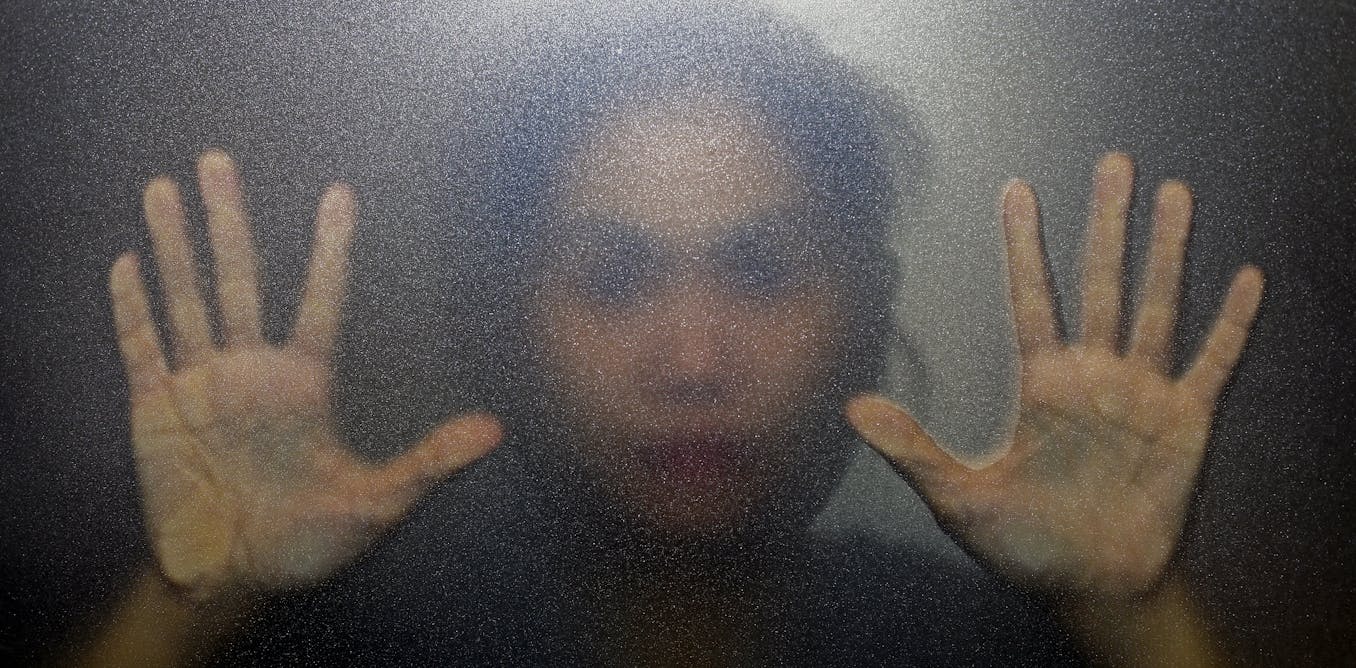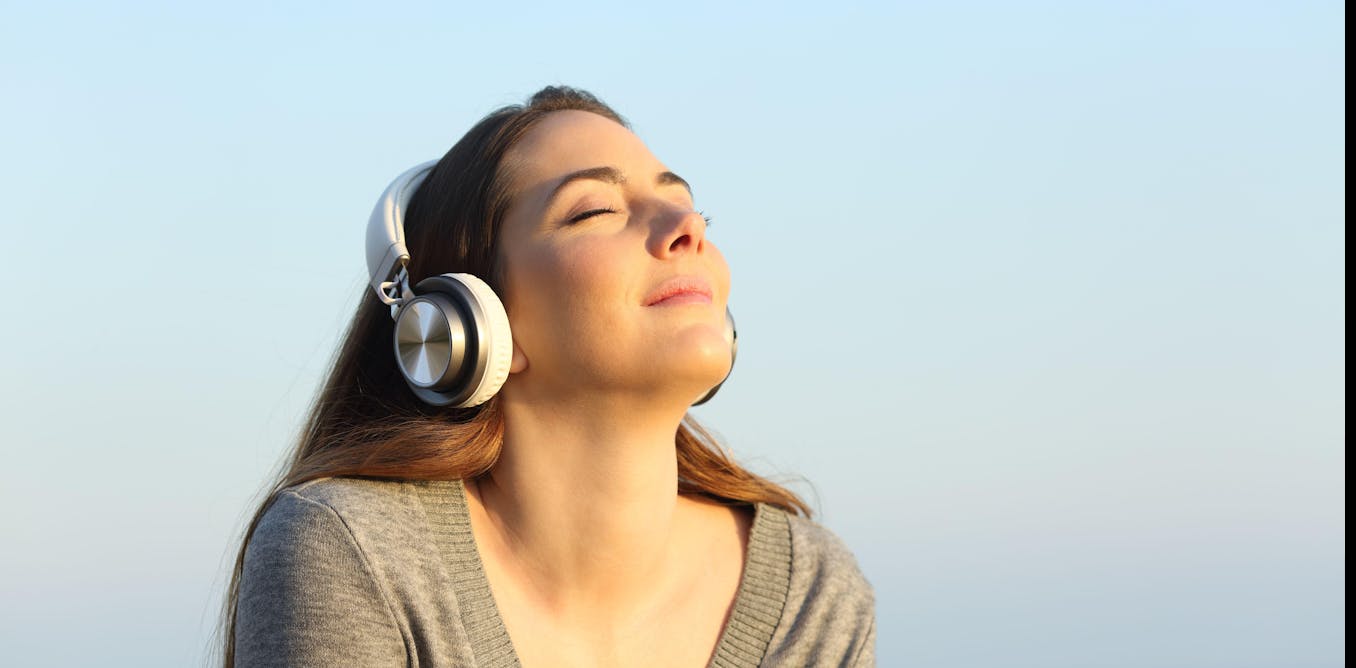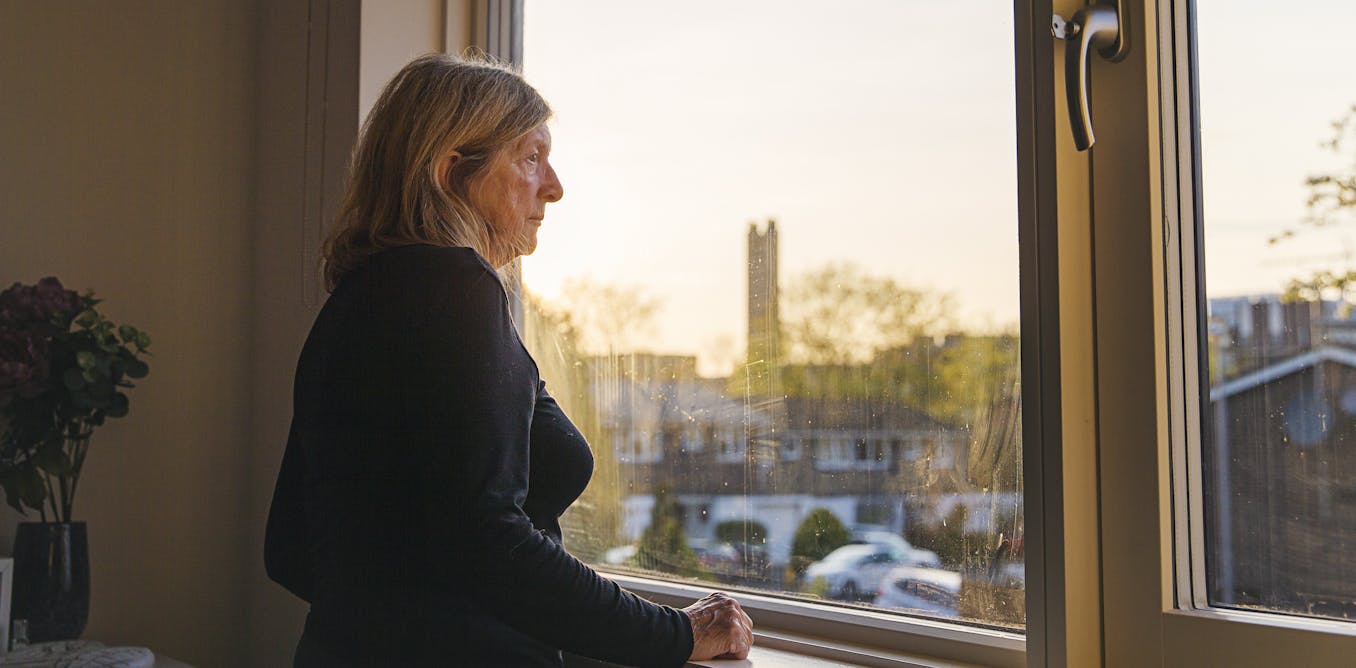The magic of touch: how deafblind people taught us to 'see' the world differently during COVID
A cultural collaboration with deafblind people led to the development of a high-tech device to help navigate their world post-lockdown
Oct. 10, 2022 • ~21 min






